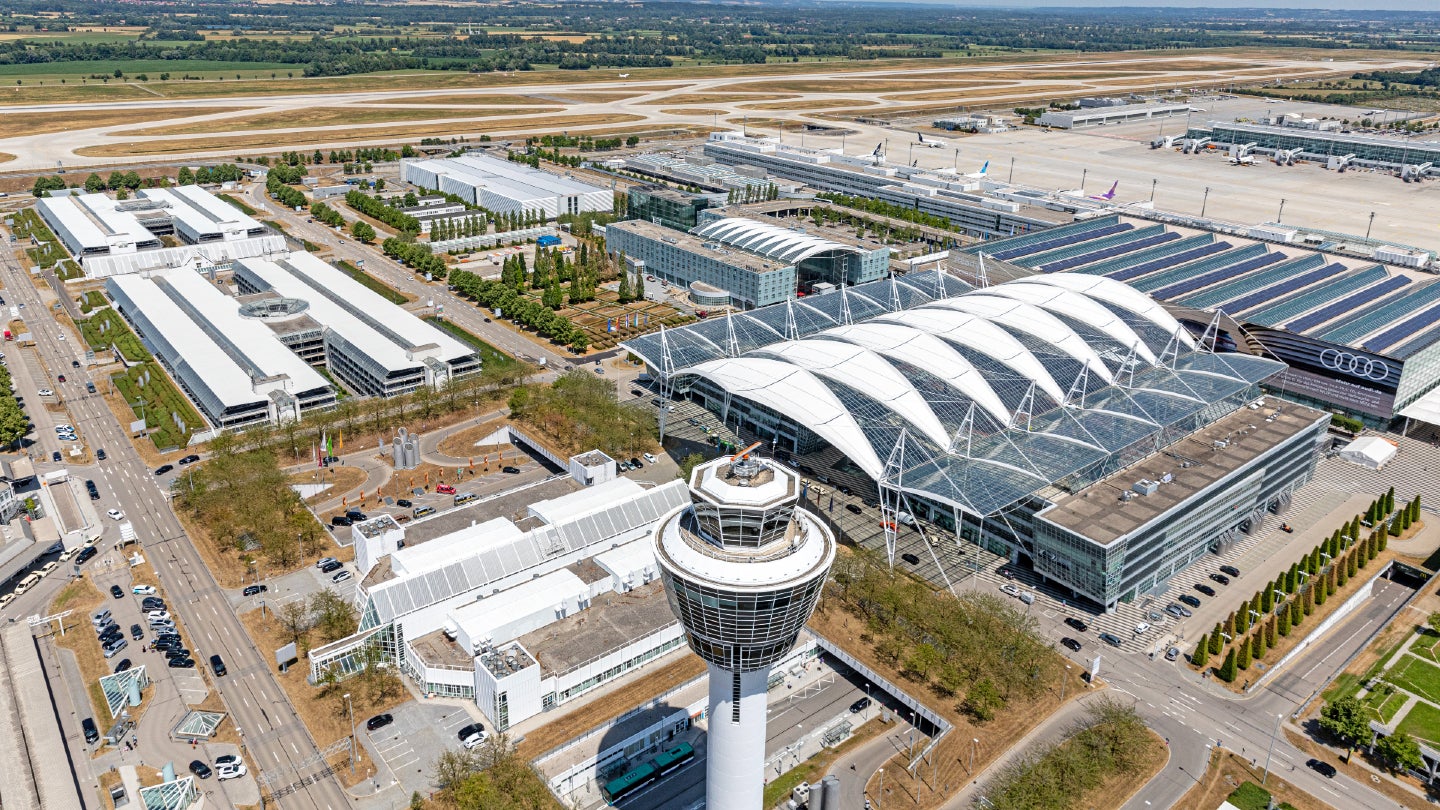
Munich Airport in Germany has significantly increased its sustainability targets by moving its net zero goal forward from 2050 to 2035.
The airport has said that it would continue working on technology in several different areas to achieve the new goal, which would see CO₂ emissions reduced by more than 90,000 tonnes compared to 2016 base levels.

Discover B2B Marketing That Performs
Combine business intelligence and editorial excellence to reach engaged professionals across 36 leading media platforms.
Jost Lammers, Munich Airport CEO, said: “Achieving the corporate goal of net zero by 2035 is challenging and requires a great effort in many different areas. However, we are taking on this task because, as a green mobility hub, we want to do our part for decarbonised aviation.”
To outline its work to reach the new goal, the airport highlighted the four areas it would be focusing on in its efforts, including energy supply, buildings, its vehicle fleet and the airport’s specific facilities and technical infrastructure.
In particular, the Bavarian airport said it would be looking at the use of renewable natural gas for its in-house cogeneration plant, along with expanding its use of solar panels and establishing an additional power grid to ensure access to green electricity.
On the topic of buildings, the airport said it would be optimising the energy performance of its infrastructure and focusing on sustainable climate-friendly properties; similarly, it will be moving almost its entire vehicle fleet to electric, or sustainably fuelled vehicles, where electric options are not available.

US Tariffs are shifting - will you react or anticipate?
Don’t let policy changes catch you off guard. Stay proactive with real-time data and expert analysis.
By GlobalDataMunich is not the only airport aiming to achieve net zero ahead of the industry standard goal; London Gatwick has set a target of 2030 for its operations.
The move to speed up its work is emblematic of an aviation industry that is more aware of the perspective that it is a particular area of concern for consumers looking to cut their carbon footprint.
For example, the Airports Council International World has recently begun the creation of a global framework for the improvement of ESG reporting at airports and to support its Airport Carbon Accreditation scheme.





